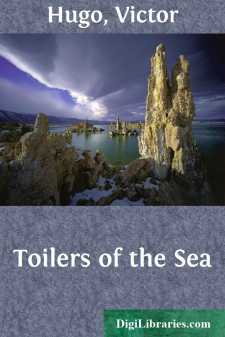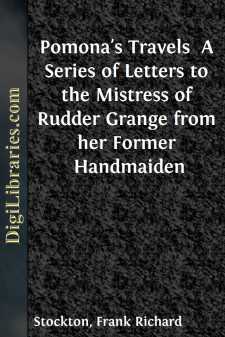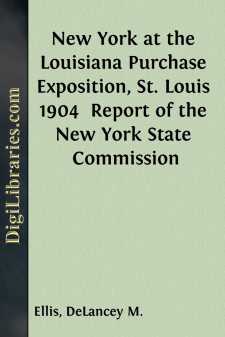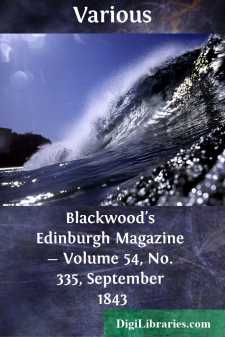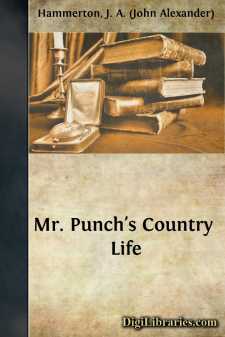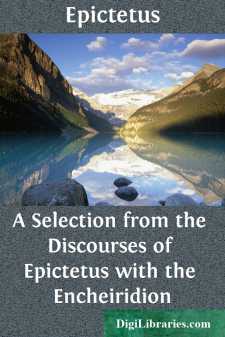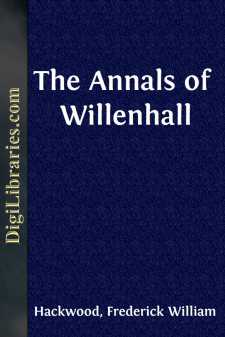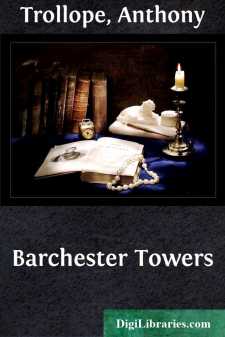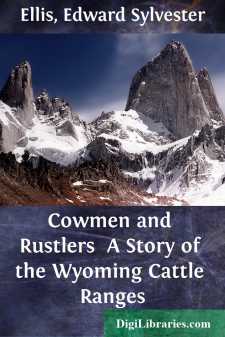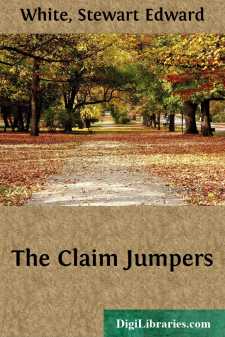Fiction
- Action & Adventure 180
- Biographical 15
- Christian 59
- Classics
- Coming of Age 5
- Contemporary Women 3
- Erotica 8
- Espionage/Intrigue 12
- Fairy Tales, Folklore & Mythology 236
- Family Life 169
- Fantasy 117
- Gay 1
- General 596
- Ghost 32
- Historical 808
- Horror 43
- Humorous 160
- Jewish 25
- Legal 4
- Medical 22
- Mystery & Detective 315
- Political 49
- Psychological 41
- Religious 64
- Romance 159
- Sagas 11
- Science Fiction 730
- Sea Stories 113
- Short Stories (single author) 537
- Sports 10
- Suspense 1
- Technological 8
- Thrillers 2
- Urban Life 31
- Visionary & Metaphysical 1
- War & Military 173
- Westerns 199
Classics Books
Sort by:
by:
Victor Hugo
INTRODUCTION Victor Hugo was thinking much of Æschylus and his Prometheus at the time he conceived the figure of Gilliatt, heroic warrer with the elements. But it is to a creature of the Gothic mind like Byron's Manfred, and not to any earlier, or classic, type of the eternal rebellion against fate or time or circumstance, that Hugo's readers will be tempted to turn for the fellow to his...
more...
POMONA'S TRAVELS This series of letters, written by Pomona of "Rudder Grange" to her former mistress, Euphemia, may require a few words of introduction. Those who have not read the adventures and experiences of Pomona in "Rudder Grange" should be told that she first appeared in that story as a very young and illiterate girl, fond of sensational romances, and with some...
more...
HISTORICAL SIGNIFICANCE [ILLUSTRATION] The Louisiana Purchase Exposition was held in the city of St. Louis in 1904, in commemoration of the acquisition in 1803 of the vast territory west of the Mississippi, then called Louisiana. The transfer is generally regarded as one of the most important events in our national history and stands on record as the greatest acquisition of territory ever made by...
more...
by:
Various
"WE ARE ALL LOW PEOPLE THERE." A TALE OF THE ASSIZES. IN TWO CHAPTERS. CHAPTER THE FIRST. Some time ago, business of an important character carried me to the beautiful and populous city of ——. I remember to have visited it when I was a child, in the company of a doating mother, who breathed her last there; and the place, associated with that circumstance, had ever afterwards been the...
more...
ON RUSTIC HUMOUR Than the compilation of such a series of books as that which includes the present volume there could surely be no more engaging occupation for one who delights to look on the humorous side of life. The editor feels that if his readers derive as much enjoyment from the result of his labours as these labours have afforded him he may reasonably congratulate them! He has found himself many...
more...
by:
Epictetus
A SELECTION FROM THE DISCOURSES OF EPICTETUS. OF THE THINGS WHICH ARE IN OUR POWER AND NOT IN OUR POWER.—Of all the faculties (except that which I shall soon mention), you will find not one which is capable of contemplating itself, and, consequently, not capable either of approving or disapproving. How far does the grammatic art possess the contemplating power? As far as forming a judgment about what...
more...
I.—Its Name and Its Antiquity Willenhall, vulgo Willnal, is undoubtedly a place of great antiquity; on the evidence of its name it manifestly had its foundation in an early Saxon settlement. The Anglo-Saxon form of the name Willanhale may be interpreted as “the meadow land of Willa”—Willa being a personal name, probably that of the tribal leader, the head of a Teutonic family, who settled...
more...
by:
Anthony Trollope
CHAPTER I In the latter days of July in the year 185––, a most important question was for ten days hourly asked in the cathedral city of Barchester, and answered every hour in various ways—Who was to be the new bishop? The death of old Dr. Grantly, who had for many years filled that chair with meek authority, took place exactly as the ministry of Lord –––– was going to give place to that...
more...
CHAPTER I. A MERRY GROUP. The Whitney household, in the western part of Maine, was filled with sunshine, merriment and delight, on a certain winter evening a few years ago. There was the quiet, thoughtful mother, now past her prime, but with many traces of the beauty and refinement that made her the belle of the little country town until Hugh Whitney, the strong-bearded soldier, who had entered the war...
more...
CHAPTER I JIM LESLIE WRITES A LETTER In a fifth-story sitting room of a New York boarding house four youths were holding a discussion. The sitting room was large and square, and in the wildest disorder, which was, however, sublimated into a certain system by an illuminated device to the effect that one should "Have a Place for Everything, and then there'll be one Place you won't have to...
more...


